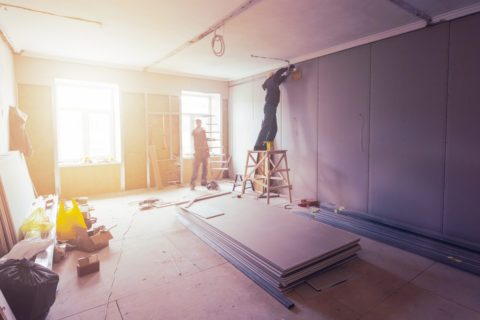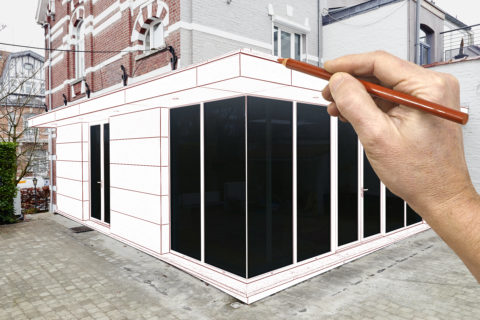An extension is a great idea to expand your living space.
Or to add value to your property. It is also a huge commitment – both financially and emotionally.
Before you take the leap, you will need to do plenty of research. Some areas you should consider include:
PLANNING PERMISSION
You don’t always need planning permission. But check this carefully to ensure your extension is lawful. A good place to start is this planning portal. This will guide you on the scope of your project, and how it will fit within guidelines.
Your local council should also offer a pre-application planning advice service. Have a quick double check before you start investing with architects.
GOOD NEIGHBOURS
How close are you to your neighbours? If your extension involves building or digging within 3m of the boundary, party wall or party wall structure (or digging foundations within 6m of the boundary) you’ll need to comply with the Party Wall act.
If you need planning permission a relationship with your neighbours is also important. They will be able to object to any plans – so an upfront discussion may be beneficial.
DESIGN THE EXTENSION
You may choose to do this yourself, but accuracy is key so most people will opt for a design and build service, or an architect service.
Choose wisely. Seek local recommendations and see previous work to ensure that they can help you create the vision.
You will also need input from a Structural Engineer to produce drawings and calculations for Building Regulations purposes.
SET A BUDGET
You need to set expectations. Drawing your dream house is great, but useless if you can’t afford to build it. Discuss budget ranges with your architect so they can propose schemes that you can realistically afford.
Remember that VAT will be added to all builder’s fees, materials and professional fees. Quotes can often be given net of VAT so be sure what your quote includes.

THE REST
How will the extension sit with the rest of the house? Do you need to set aside budget for landscaping? Or updating decoration within the existing house too? Consider costs not only for the extension, but for the rest of the house too.
DURING THE WORKS
Will you need to move out of the property, or can you stay? Think about your belongings too. Furniture can get dirty, dusty and damaged during renovations. Be realistic.
Options include moving into temporary accommodation, and/or using storage units to keep your goods protected during the project. Shurgard have affordable storage units which have helped many families during extension projects.
CERTIFICATES
At the end, make sure you keep all the necessary certifications for your build (building control certificates, gas safety certificates etc). These are essential for confirming the legality of the build – particularly if you sell the house.
Are you ready to take on an extension project?
Let us know in the comments below.






Leave a Reply